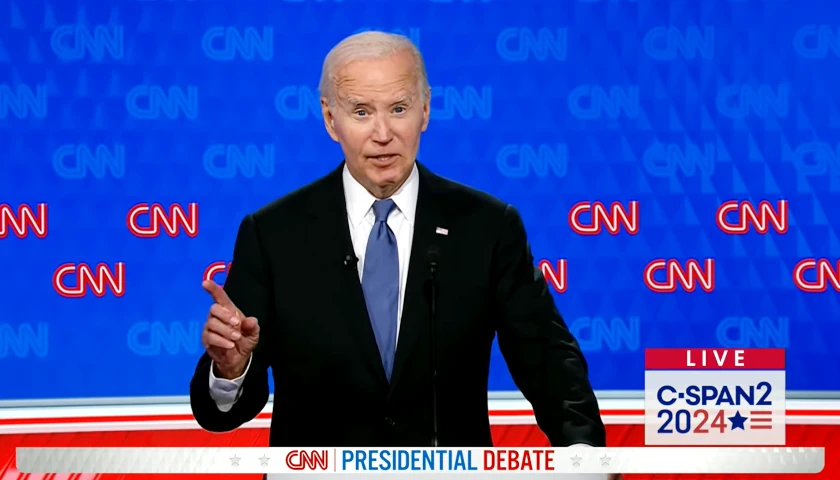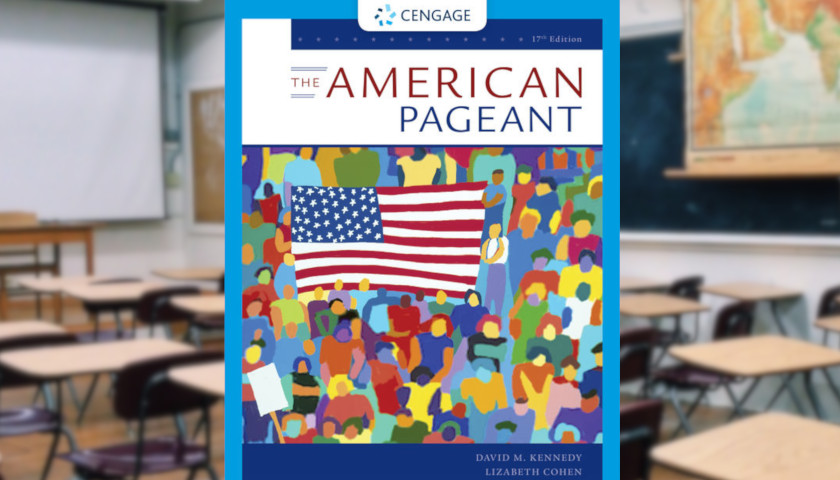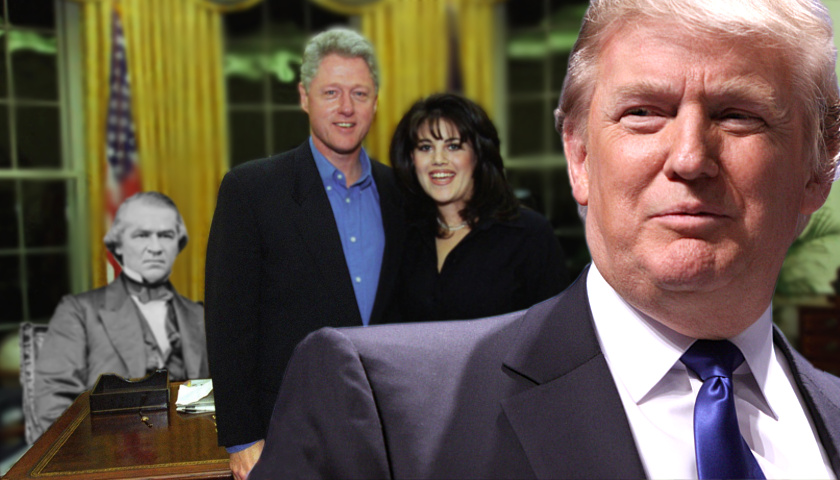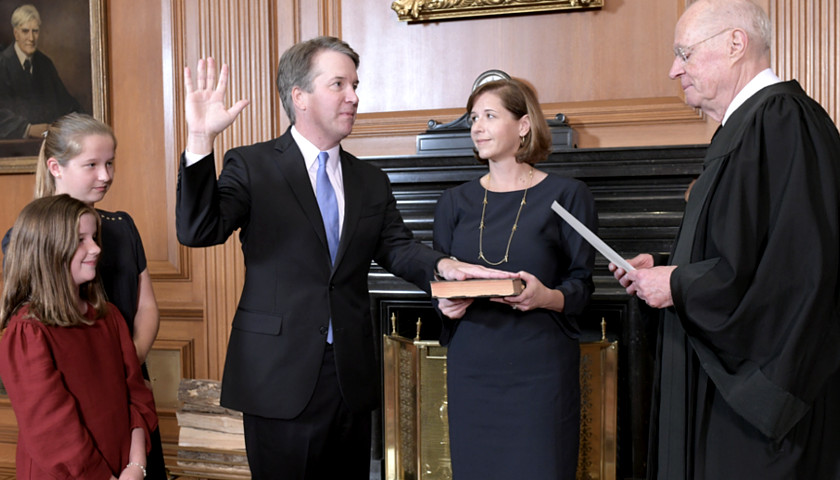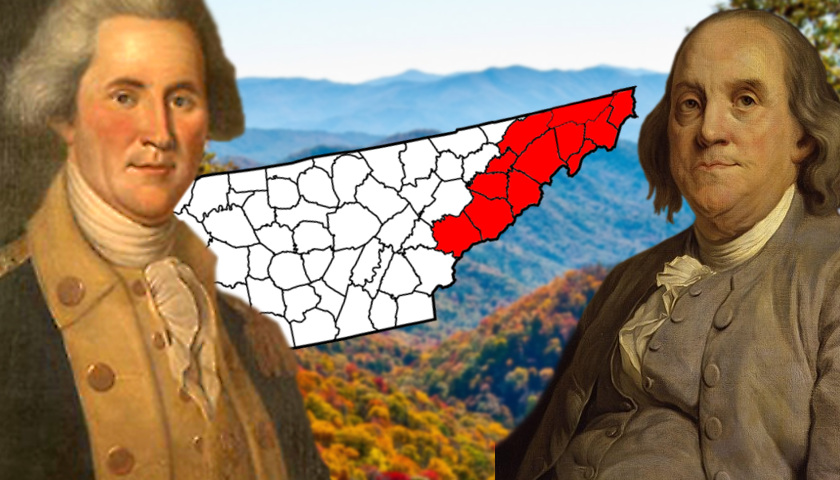The Mega Millions lottery may see a streak of jackpot rollovers end as it heads toward a record $1.6 billion drawing Tuesday. As more tickets sell, chances grow that at least one buyer will pick all six winning numbers. That would stop the streak of 25 rollovers, the most recent one Friday night. Based on sales projections, 75 percent of the 302 million possible combinations will be chosen for Tuesday’s drawing, up from 59.1 percent in Friday’s, said Carole Gentry, spokeswoman for Maryland Lottery and Gaming. “It’s possible that nobody wins again. But it’s hard to fathom,” Gentry said. No winner Friday About 280 million tickets sold in Friday’s drawing, none matching the winning mix of 7, 15, 23, 53, 65 and 70 to claim an estimated prize of $1 billion. Fifteen tickets matched five numbers for second-tier prizes of at least $1 million. The $1.6 billion estimated jackpot would be the largest prize in U.S. history. The second-largest jackpot was a $1.586 billion Powerball drawing on Jan. 13, 2016. Russ Lopez, a spokesman for the California Lottery, said tickets were going “very, very quickly” Saturday. First-time players Tonya Jimenez, assistant manager at Beavers Market in Fort Collins, Colorado, said…
Read the full story

